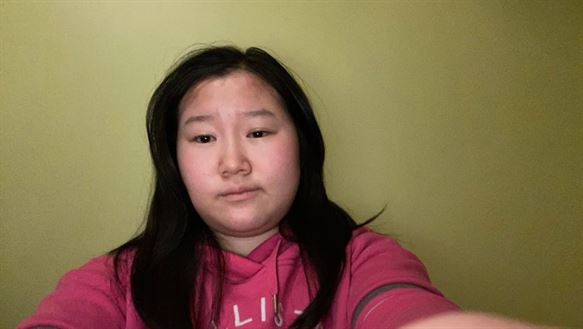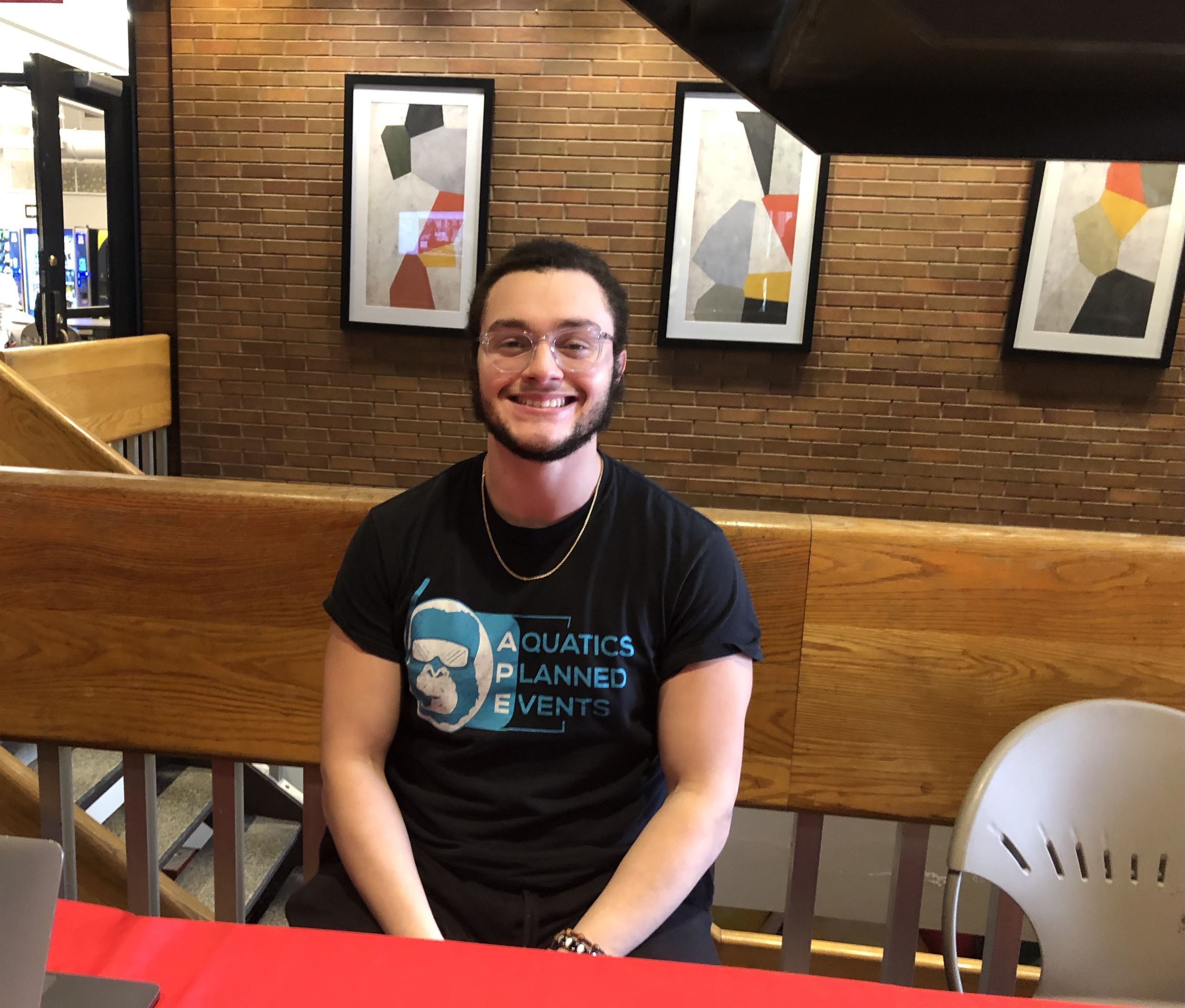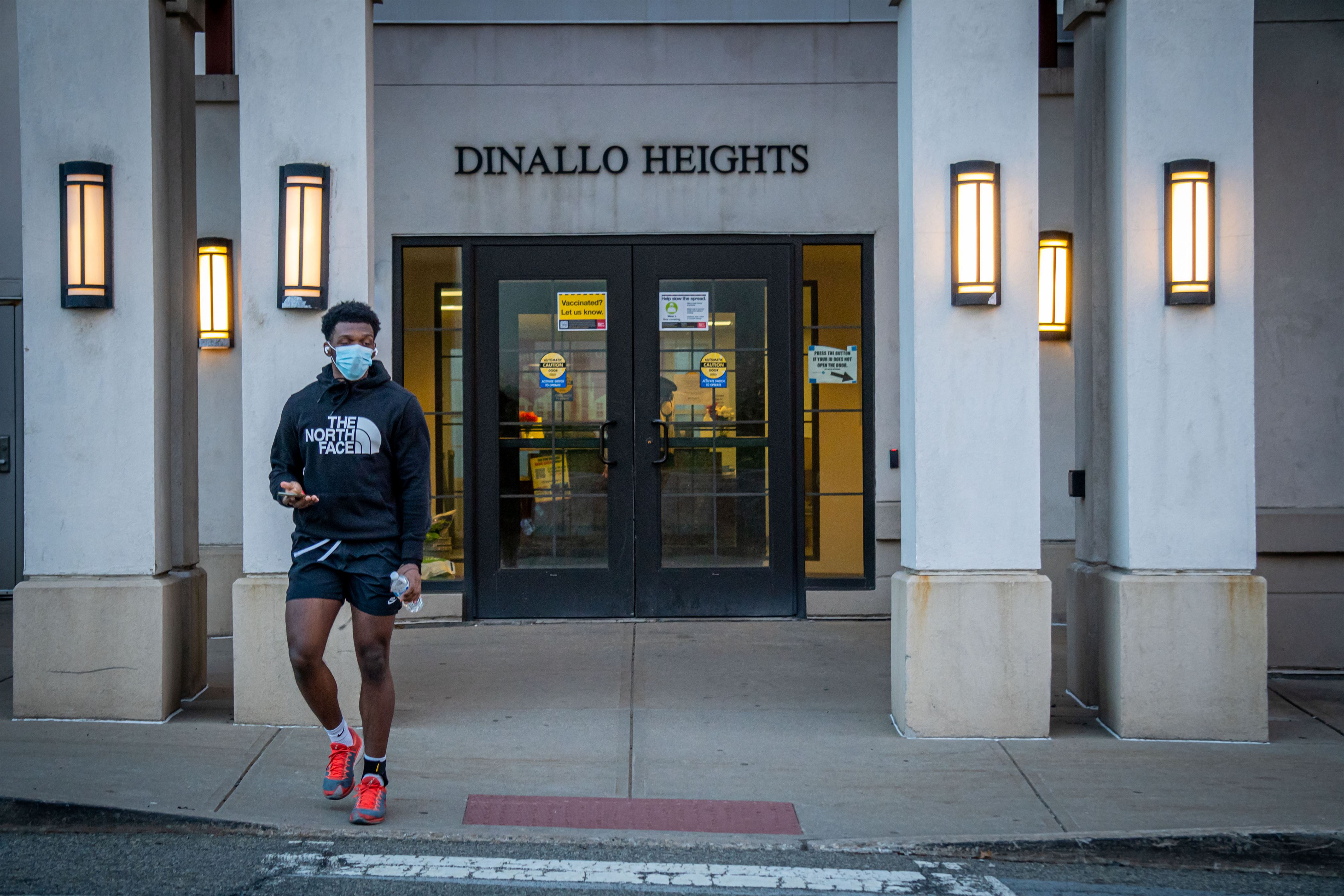Montclair State University announced that students with religious exemptions to the coronavirus (COVID-19) vaccine will no longer be allowed to live on campus starting this summer.
Students with religious exemptions are expressing their dissatisfaction with the new policy. Jared Vigil, a senior molecular biology major, said he has a religious exemption because he disagrees with the use of aborted fetal cells during the testing or development and production of COVID-19 vaccines. He views the policy as religious discrimination.
“There really is no other way to put it,” Vigil said “It specifically targets people with religious exemptions in an attempt to further coerce my fellow classmates with religious faiths.”
Vigil remains hopeful that students with religious exemptions will be able to convince the university to amend the restriction.
“Religious persecution has happened plenty of times throughout history and I hope this can be another time where we as a religious community may prevail,” Vigil said.
A sophomore animation/illustration major who chose to remain anonymous said she is a Christian who received a religious exemption because she believes in refraining from any substance that defiles the body in any way. She said the policy will make it more difficult for her to get to campus.
“This impacts me greatly as someone who cannot drive, has no car and no available family to bring me back and forth,” the student said. “I live 35 [to] 40 [minutes] away and have no way to get here otherwise. I have lived on campus these past two years with no issue. [I have] gotten tested every week since it became a requirement. As an incoming junior here, it is redundant that this is just now being put into place [and] with such short notice, too. We were given no warning.”
A poll of 136 participants taken by The Montclarion showed that 40% were in favor of the new rule, while 60% were not in favor.
Andrew Mees, the university spokesperson, said the policy is not religious discrimination.
“We are committed to being an inclusive community where all members feel able and secure enough to practice their faith, and nothing in this policy precludes any community member from doing so,” Mees said.
Mees also explained the reasoning behind the policy.
“Previously, we were allowing students who didn’t have a COVID-19 vaccination to live on campus but required them to occupy a single room — often by converting a double to a single,” Mees said. “Now, as demand for housing has increased, the university needs to make more space available. In accordance with the Americans with Disabilities Act, students who qualify for a medical exemption can reside on campus in the fall and will be assigned single rooms. There is no such legislation that applies to individuals with religious exemptions.”
Mees emphasized the importance of protecting public health on campus.
“While living on campus is a highly desired and positive experience for students, it is a privilege and not a guaranteed right,” Mees said. “In order to have access to this privilege, and to help protect public health, a student must have all required immunizations, including being fully vaccinated against COVID-19, unless they have a medical exemption if they want to live in on-campus housing.”
Mees said the restriction will improve the residential experience.
“Because there will be fewer unvaccinated people in the residence halls, we will be able to lift things like the visitation policy and the guest policy, creating a more enjoyable and traditional experience for resident students,” Mees said.
According to Mees, 146 students applied for a religious exemption this semester and 131 students were granted the exemption. The students who will no longer be able to live on campus represent 1.3% of the residential population.
Marc Hernandez, a junior food system major, is indifferent about the new policy. He believes there should be some leeway for religious exemptions, although some people, who simply don’t want the vaccine, are taking advantage of the exception.
“I feel like they are ruining it for the people actually have those religious ideals, and I don’t think its fair to them or the school because the people taking advantage of it are the ones partying and spreading the virus, and getting everyone sick in the dorms,” Hernandez said.
Other students who received the vaccine sided with those who have religious exemptions.
Tammy Cheng, a sophomore psychology major, said she does not support the university’s new policy.
“I just think it’s so ridiculous that the school is threatening students,” Cheng said. “It’s like making someone choose between [their] religion or a vaccine.”

Tammy Cheng, a sophomore psychology major, said she disagrees with the new policy.
Photo courtesy of Tammy Cheng
Joshua Almanzar, a junior exercise science major, shared similar sentiments.
“For a campus that talks about inclusivity, that is quite exclusive,” Almanzar said. “I’m a person who is still finding my own religion, in all honesty, so I have no problem with anybody else’s religion.”

Joshua Almanzar, a junior exercise science major, said the policy is exclusive.
Jenna Sundel | The Montclarion
Nyla White, a sophomore communication and media studies major, said she strongly disagrees with the restriction.
“I feel like that just boils down to basic principles, like that’s just discrimination at that point,” White said.
White added that she does not think the policy will impact campus health and safety.
“If it’s safety that comes into question, well, if you do the stats, I believe that more people on campus are in fact vaccinated,” White said. “And if the vaccination with the booster shots are proving to keep people safe, then the number of people vaccinated with booster shots should outweigh the number of people who have these religious exemptions.”




